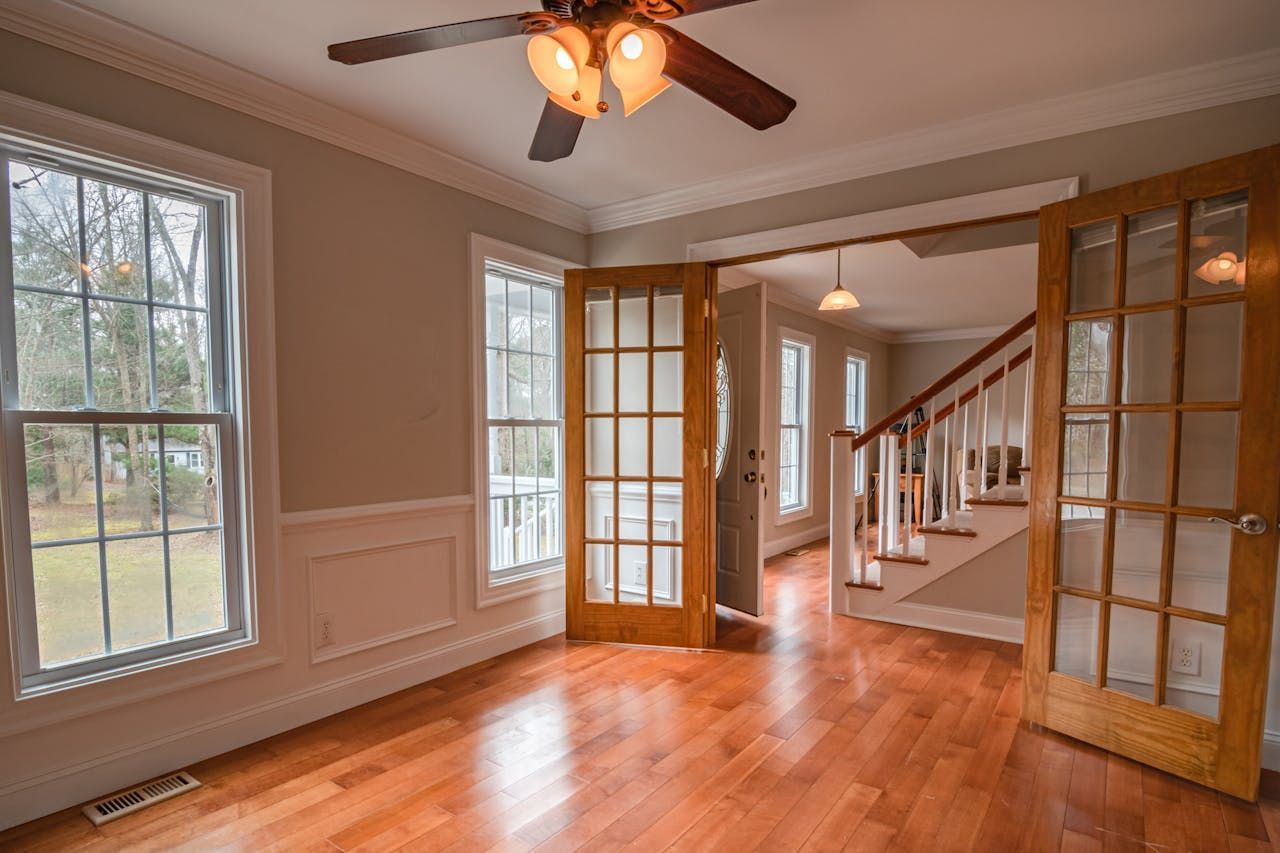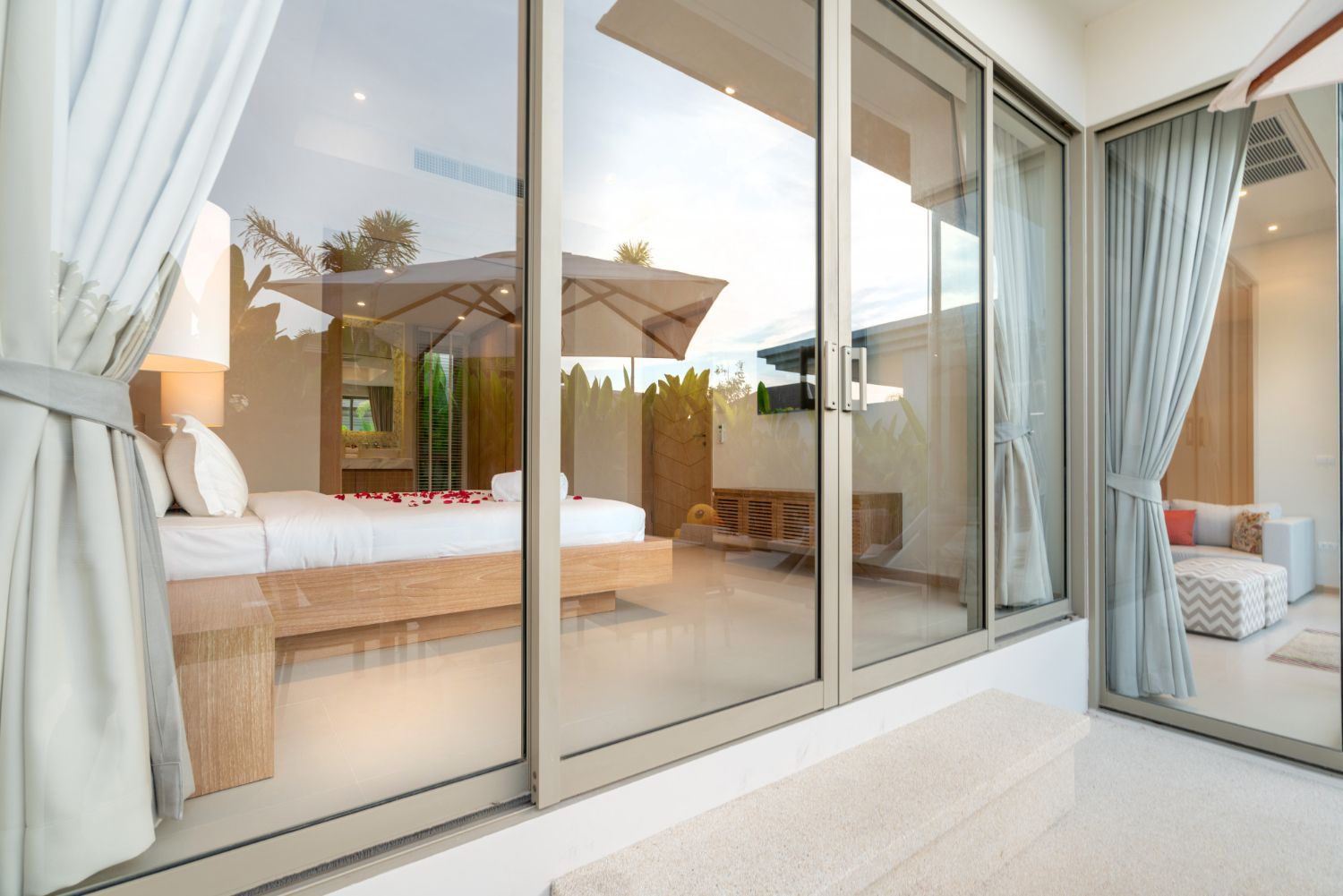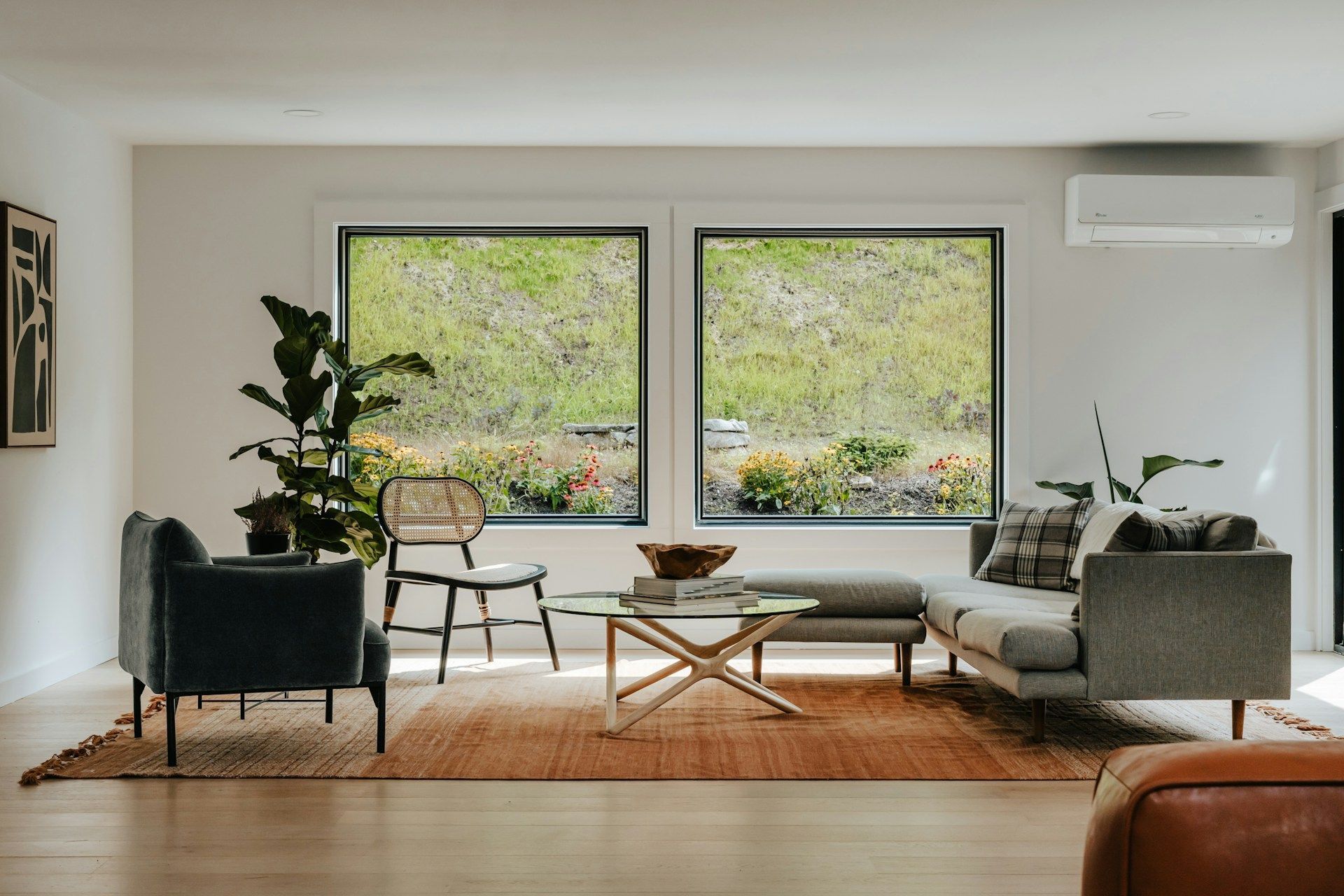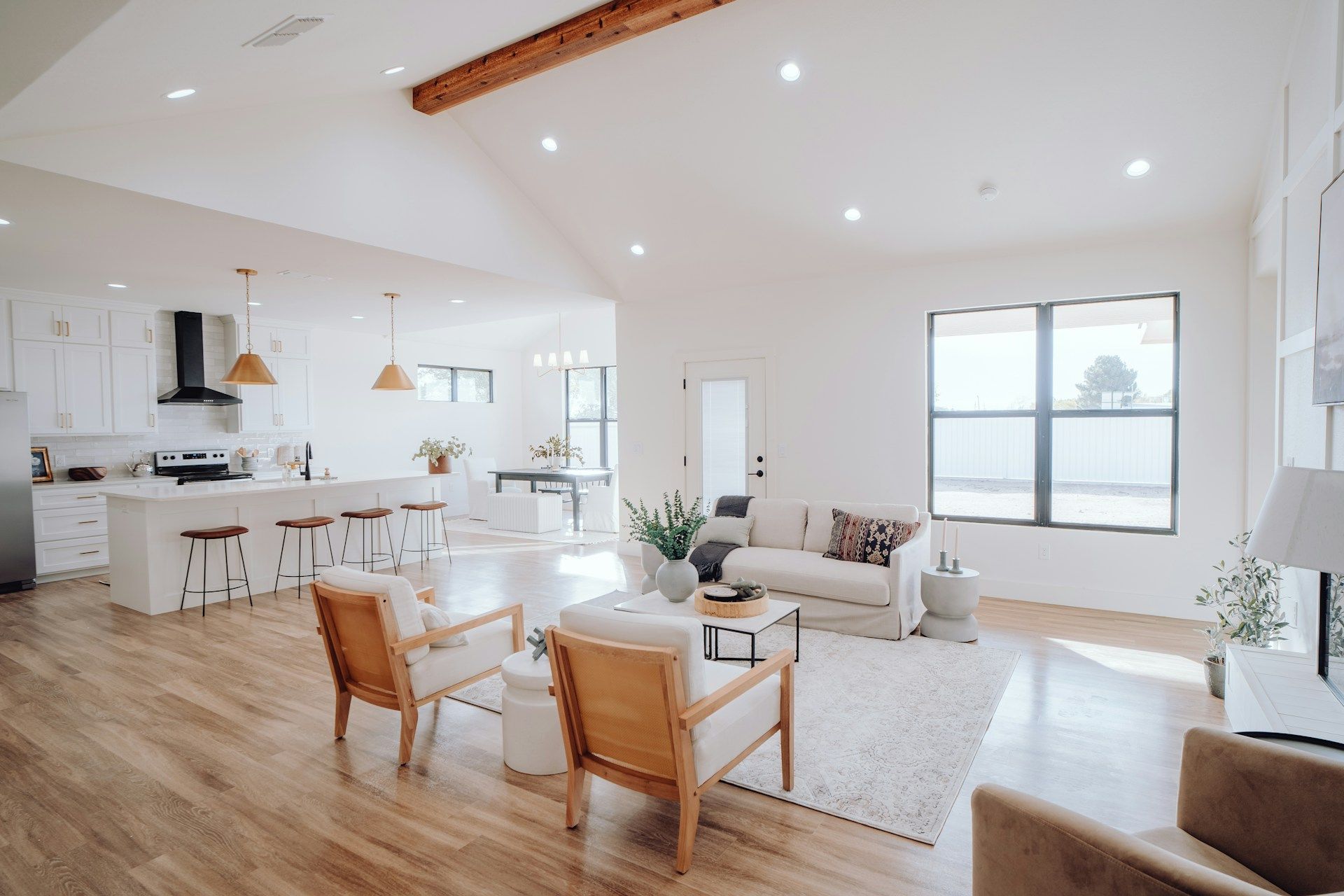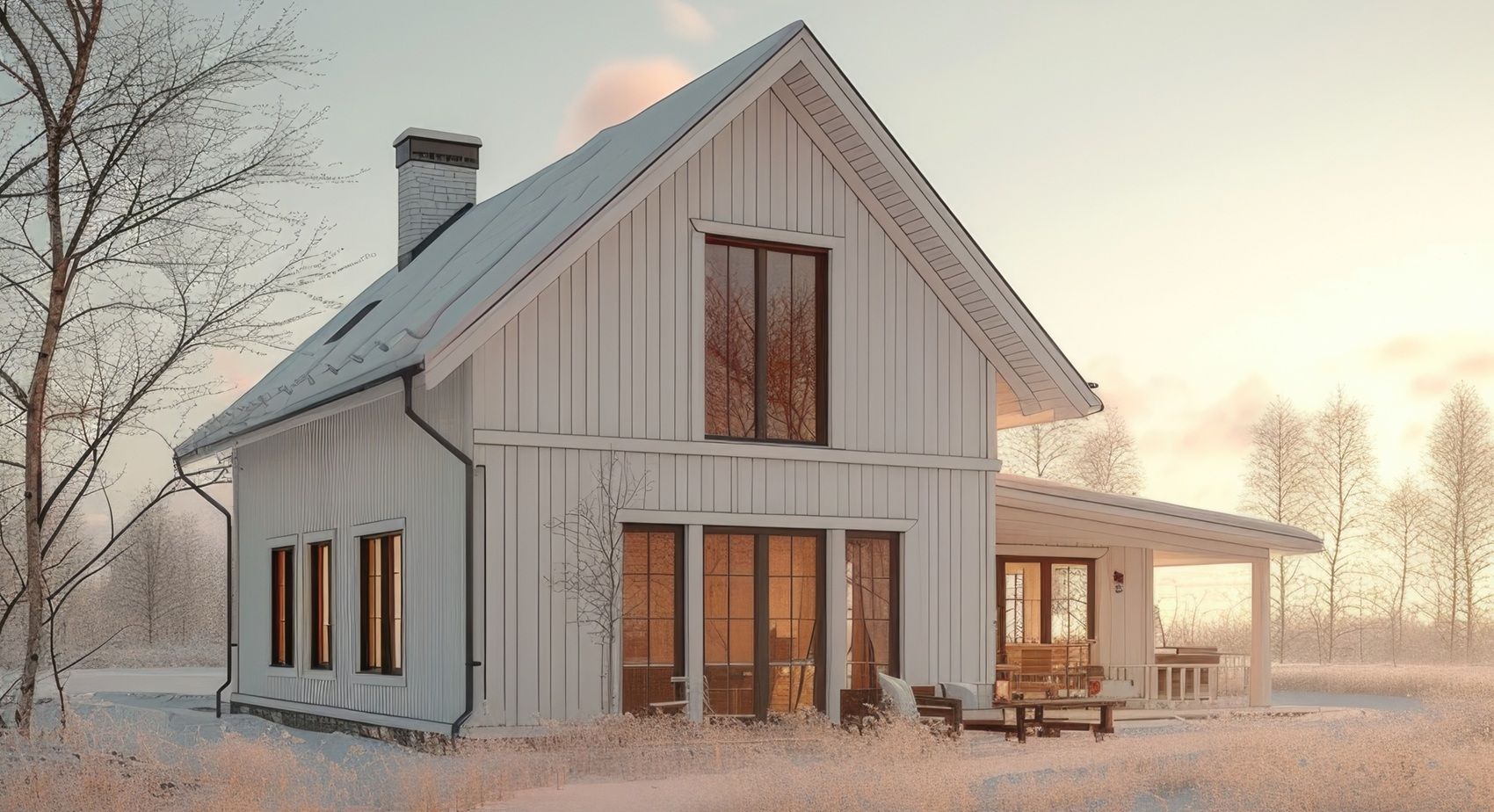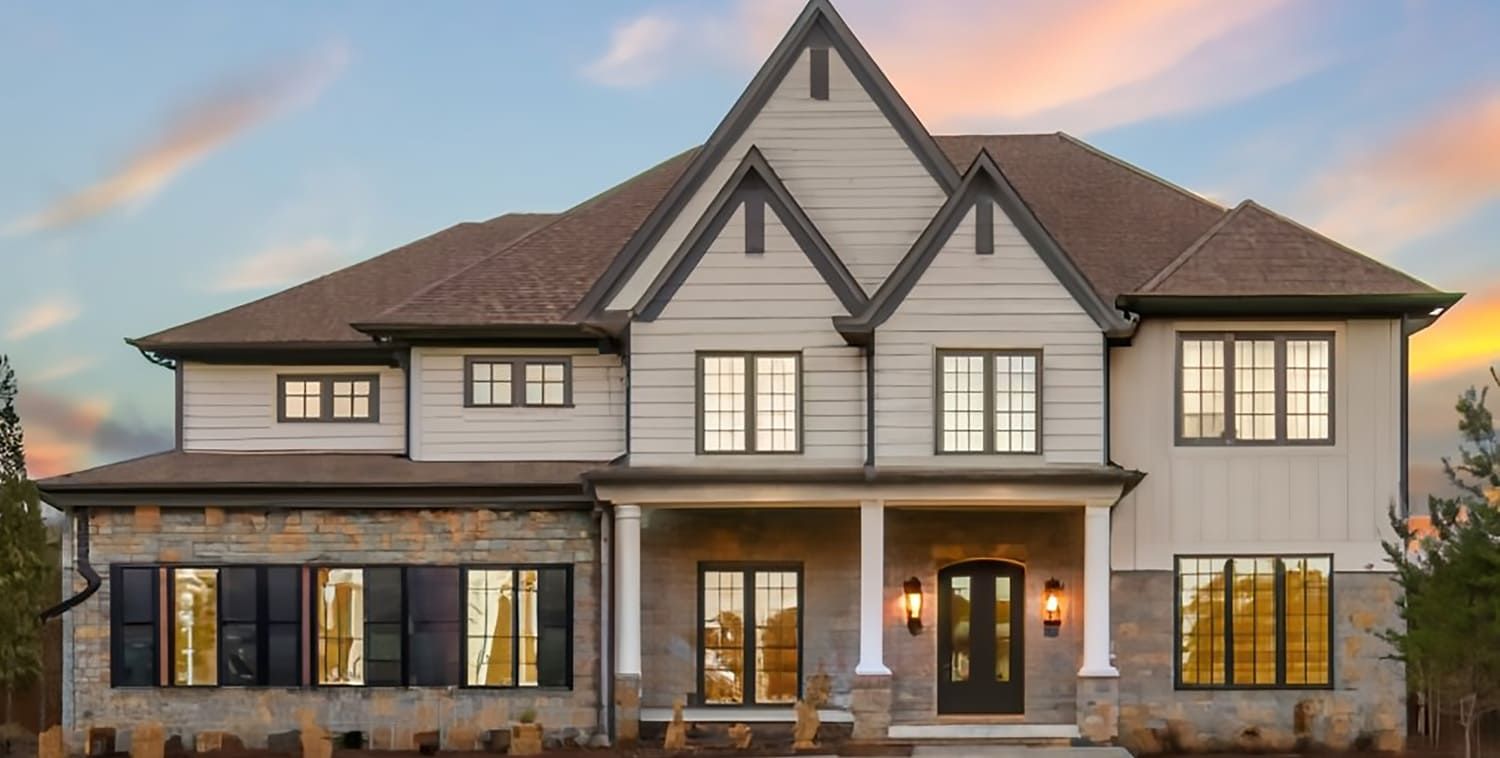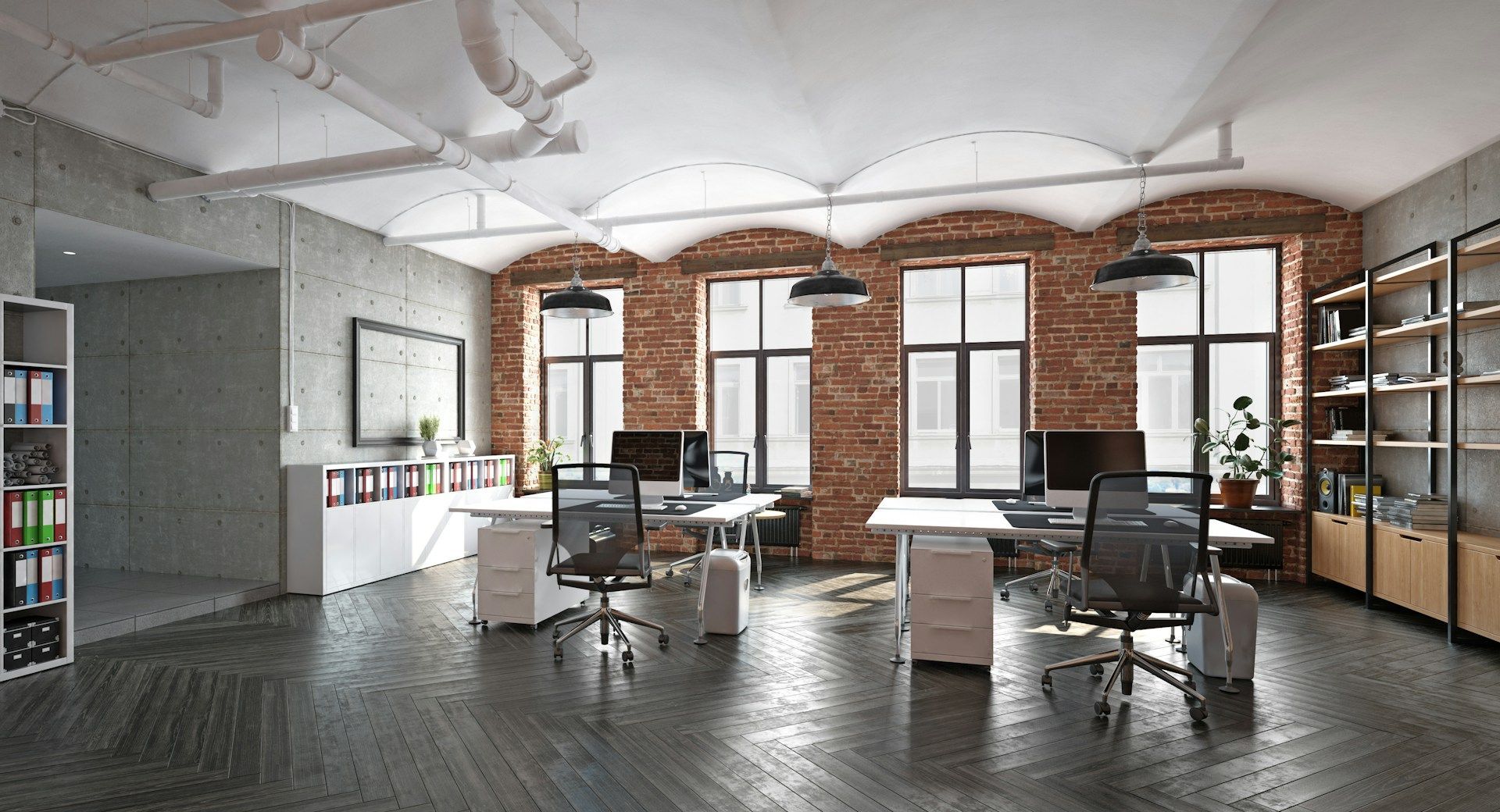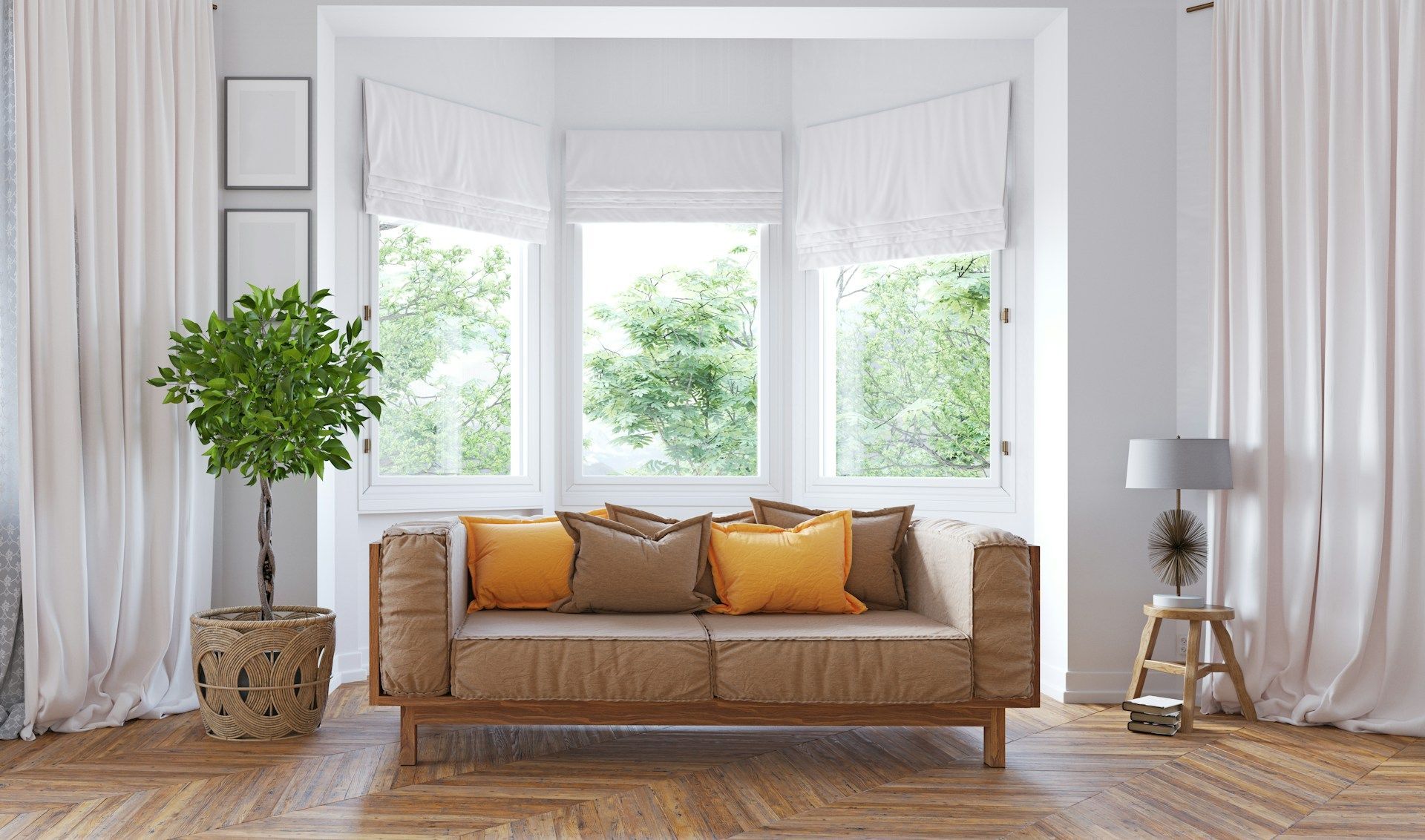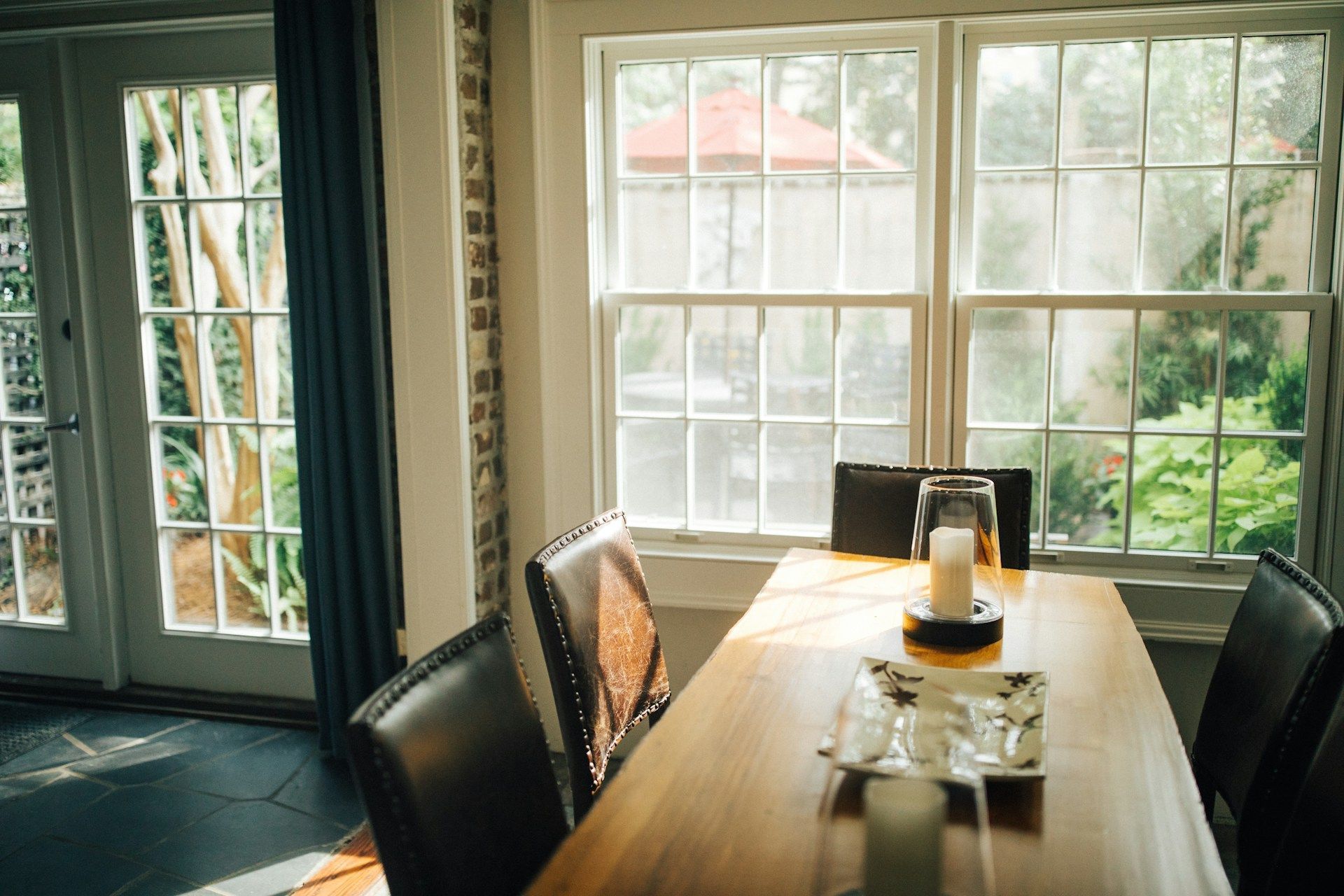How Long Does Home Window Tinting Last?
Home window tinting is a popular choice for many homeowners looking to improve energy efficiency, reduce glare, and enhance privacy. It offers a sleek and modern look to windows while providing practical benefits that can significantly improve the comfort and functionality of a home. As more people become conscious of their energy consumption and the effects of UV rays, window tinting is increasingly being seen as a must-have home improvement. However, a common question arises: How long does home window tinting last? In this article, we'll explore the factors that influence the longevity of residential window tint and how you can ensure your investment lasts as long as possible.
Residential window tinting involves applying a thin film to the interior side of windows. This film can vary in terms of material, color, and shade, and it serves several purposes. For one, it can significantly reduce the amount of heat entering your home, thereby decreasing reliance on air conditioning and saving energy costs. Additionally, window tinting can protect your furniture and flooring from harmful UV rays, reduce glare, and provide privacy without sacrificing natural light. The right tint can transform your living space into a more comfortable environment, while also preserving the aesthetic appeal of your interiors.
Different materials and shades of tint are available, each designed to cater to specific needs and preferences. Some tints are almost invisible, maintaining the natural look of windows, while others are darker, offering greater privacy and UV protection. The flexibility in choosing the level of tint allows homeowners to customize their window treatments to match their lifestyle and design preferences. Moreover, the technological advancements in tinting materials have made them more durable and effective than ever before, providing homeowners with a range of options that can suit both functional and aesthetic needs.
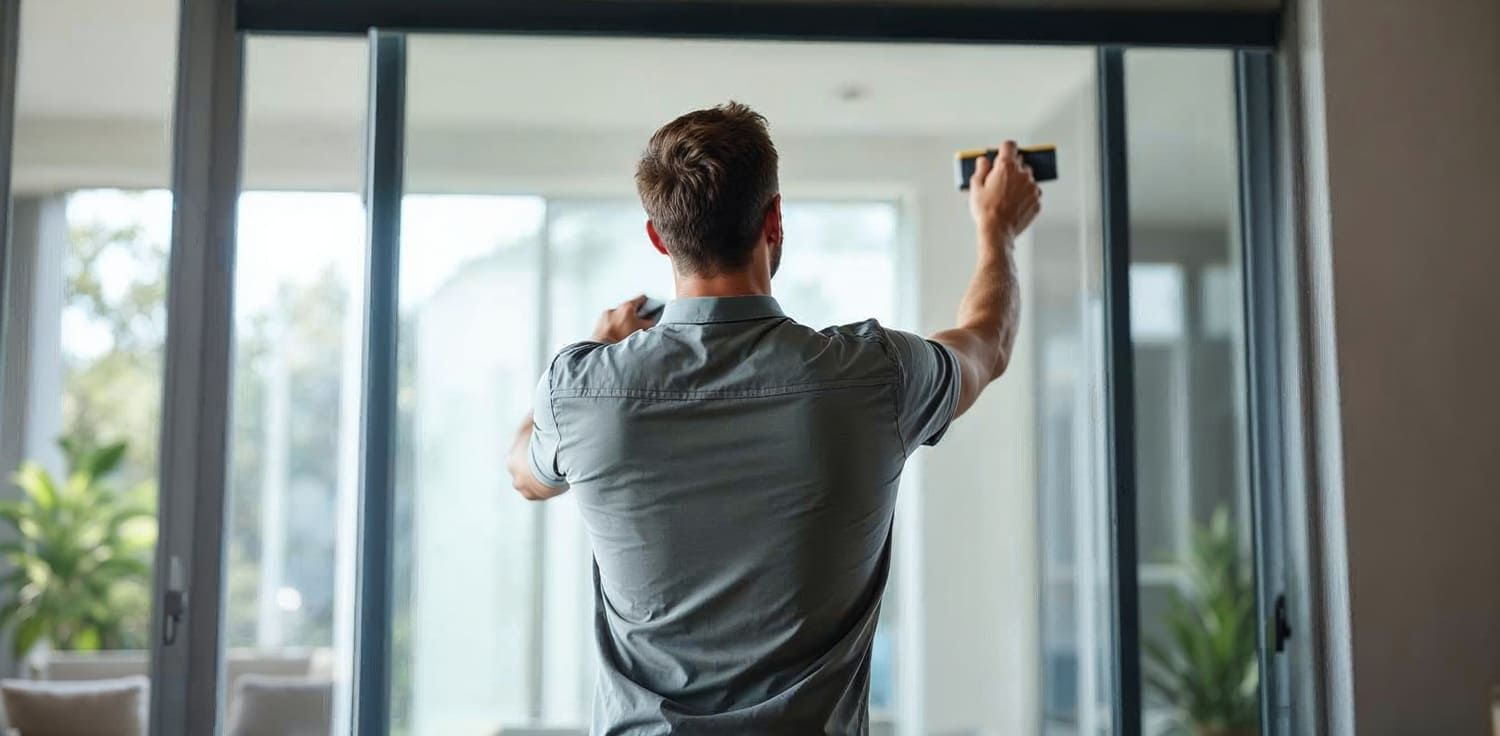
Benefits of Home Window Tinting
- Energy Efficiency: By reflecting sunlight, window tinting reduces heat inside the home. This not only helps maintain a comfortable indoor temperature but also significantly lowers energy bills, as the need for air conditioning is reduced. Homeowners can enjoy a cooler home environment without the constant hum of AC units.
- UV Protection: Blocks up to 99% of harmful UV rays, safeguarding your interiors. This protection is crucial for preserving the color and integrity of furniture, carpets, and artwork, which can fade or deteriorate under prolonged sun exposure. It also contributes to the health of the occupants by reducing UV exposure.
- Glare Reduction: Minimizes the glare on screens and surfaces, which is especially beneficial for home offices and living rooms where electronic devices are frequently used. Reduced glare can improve comfort and eye strain, making activities like watching television or working on a computer more enjoyable.
- Increased Privacy: Offers a level of privacy while maintaining outdoor visibility. This is particularly advantageous for homes located in busy neighborhoods or near streets, where passersby might otherwise have a clear view inside. Privacy tints allow you to enjoy natural light without compromising your privacy.
Factors Influencing the Durability of Home Window Tinting
The longevity of home window tinting depends on several factors. Understanding these can help you choose the right product and maintain it properly. A well-informed decision can ensure that your window tint remains effective and aesthetically pleasing for many years, maximizing your return on investment.
Quality of the Film
Not all window tints are created equal. High-quality films, such as those from well-known brands like Llumar, tend to last longer due to their superior materials and manufacturing processes. These films are more resistant to fading, bubbling, and peeling. Investing in a high-quality film may involve a higher initial cost, but the long-term benefits often outweigh the expense, as they require less frequent replacement and provide better performance.
Moreover, premium films often come with advanced features such as enhanced UV protection and scratch-resistant coatings. These additional features not only prolong the lifespan of the tint but also enhance its functionality. When selecting a window film, it's important to consider both the upfront cost and the long-term value it will provide in terms of performance and durability.
Professional Installation
Proper installation is crucial for the durability of window tinting. Hiring a professional ensures that the film is applied correctly without any air bubbles or creases that could shorten its lifespan. Look for experienced "home window tinting near me" to find qualified installers in your area. A skilled installer will have the necessary tools and expertise to handle the film carefully and ensure a flawless finish.
Professional installers can also offer valuable advice on the most suitable types of film for your windows and specific needs. They can assess factors such as window size, shape, and exposure to sunlight, tailoring the installation process to achieve the best results. Additionally, professional installation often comes with a warranty, providing peace of mind in case any issues arise post-installation.
Environmental Conditions
Climate and environmental factors play a significant role in the lifespan of window tint. In regions with intense sunlight or significant temperature fluctuations, tint films may degrade faster. However, high-quality films are designed to withstand these conditions better. It's important to choose a film that is rated for your specific climate, as this will ensure it performs optimally and lasts longer.
For homes in coastal areas or regions with high humidity, selecting a tint that can resist moisture and salt is crucial. Similarly, in areas with extreme temperatures, opting for a film designed to handle thermal stress can prevent premature degradation. Understanding the environmental challenges in your area can guide you in choosing a window tint that meets these demands.
Maintenance and Care
Regular maintenance can extend the life of your window tint. Clean the windows with non-abrasive cleaners and avoid sharp objects that could scratch the film. Proper care minimizes the risk of damage and prolongs the film's effectiveness. Establishing a routine cleaning schedule can help maintain the appearance and performance of your window tint.
It's also advisable to inspect the tint periodically for any signs of wear or damage. Promptly addressing issues such as bubbling or peeling can prevent them from worsening and potentially damaging the underlying window glass. By taking proactive steps in maintenance, you can ensure that your window tint remains in top condition for its entire lifespan.
Average Lifespan of Home Window Tinting
Most residential window tints last between 10 to 15 years, but this can vary based on the factors discussed. High-quality tints installed by professionals in moderate climates may even last longer. Understanding the typical lifespan of different types of tints can help set realistic expectations and plan for future maintenance or replacement.
Types of Window Films
- Dyed Films: Generally the most affordable, they last around 5 years but may fade over time. While cost-effective, they may not offer the same level of UV protection or heat reduction as more advanced films. Homeowners should weigh the initial savings against potential long-term costs of replacement.
- Metalized Films: Known for durability, they can last up to 10 years but may interfere with electronic signals. These films offer superior heat reduction and UV protection, making them a popular choice for those prioritizing performance over potential signal interference. It's important to consider the impact on devices before choosing this option.
- Ceramic Films: Offering the highest performance and longevity, these can last over 15 years. They provide excellent clarity, UV protection, and heat reduction without affecting electronic signals. Although they come with a higher price tag, the benefits and extended lifespan often justify the investment for many homeowners.
Choosing the Right Window Tint
When selecting a window tint, consider the following factors to ensure you choose the best option for your home and lifestyle needs. Careful consideration of these aspects can lead to a more satisfying and lasting window tinting experience.
Tint Material
Choose a material that suits your needs. If you prioritize longevity, ceramic films are an excellent choice. They offer unmatched durability and performance, making them ideal for homeowners who seek a long-term solution. For budget-conscious homeowners, dyed films are more affordable but may require more frequent replacement.
Consider the specific benefits each material offers, such as UV protection, heat reduction, and aesthetic appeal. The right material will align with your priorities and provide the functionality you desire. Researching the pros and cons of each option can help you make an informed decision that meets your requirements.
Tint Material
Choose a material that suits your needs. If you prioritize longevity, ceramic films are an excellent choice. They offer unmatched durability and performance, making them ideal for homeowners who seek a long-term solution. For budget-conscious homeowners, dyed films are more affordable but may require more frequent replacement.
Consider the specific benefits each material offers, such as UV protection, heat reduction, and aesthetic appeal. The right material will align with your priorities and provide the functionality you desire. Researching the pros and cons of each option can help you make an informed decision that meets your requirements.
Brand and Warranty
Opt for reputable brands like Llumar that offer warranties. A good warranty can cover replacement costs if the tint fails prematurely. This protection can be invaluable, providing reassurance that your investment is safeguarded against defects or unexpected issues.
When comparing brands, look for customer reviews and testimonials to gauge product satisfaction and performance. A brand with a strong reputation for quality and reliability is more likely to provide a tint that meets your expectations. Additionally, consider the terms of the warranty, including coverage duration and conditions, to ensure it aligns with your needs.
Professional Advice
Consulting with a professional can provide valuable insights into the best options for your home and climate. They can recommend films that meet your specific requirements and budget. Professional advice can help you navigate the numerous choices available, ensuring you select a tint that offers the best balance of performance and cost.
Professionals can also assist in understanding the technical specifications and features of different films, helping you make an educated decision. By leveraging their expertise, you can achieve a window tinting solution that enhances your home's comfort, energy efficiency, and aesthetic appeal.
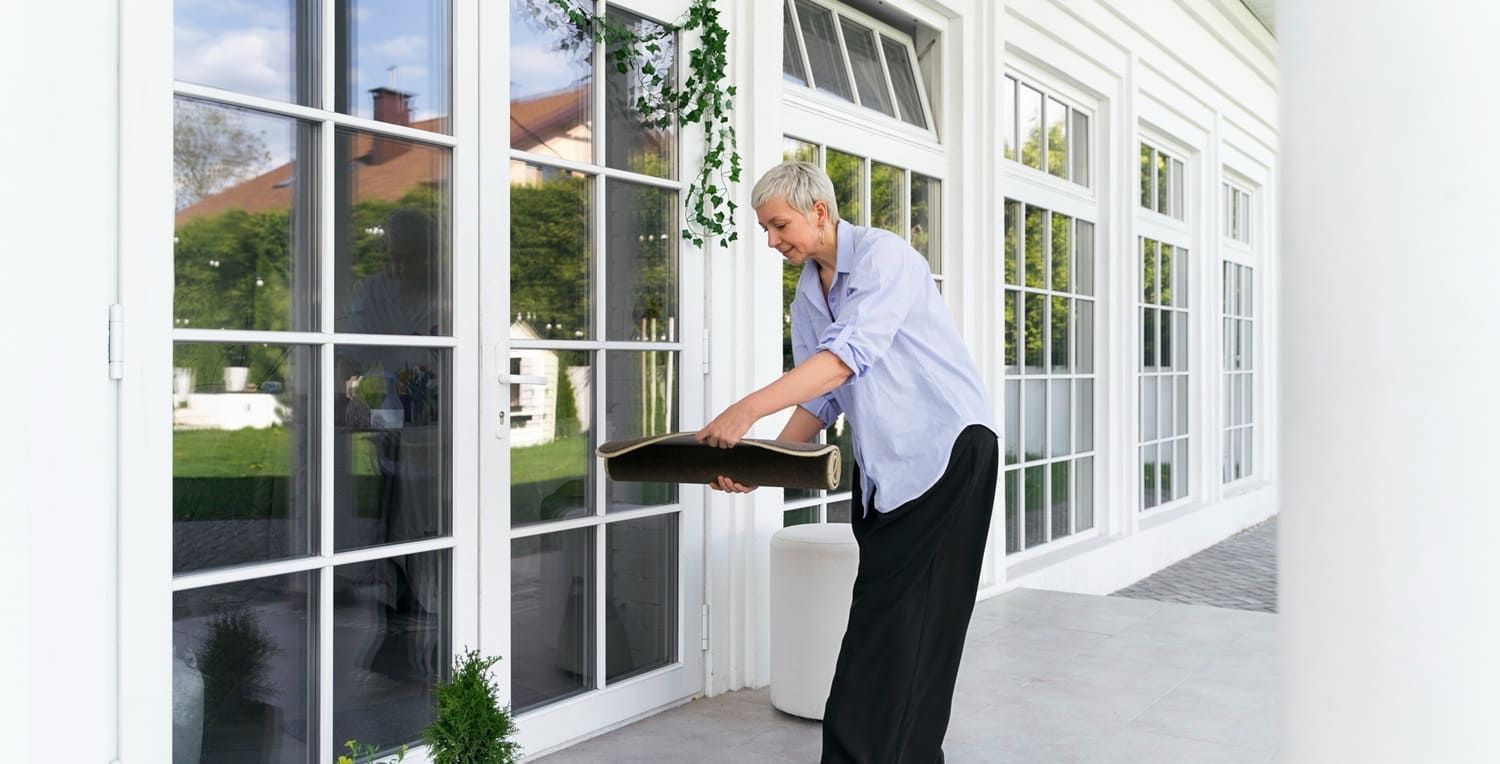
Enhancing Durability: Tips for Long-Lasting Window Tint
To maximize the life of your window tint, consider these tips. Implementing these strategies can help you get the most out of your investment, ensuring your window tint remains effective and attractive for years to come.
- Regular Cleaning: Use mild, non-abrasive cleaners and soft cloths to clean the windows. This prevents scratches and maintains the clarity of the film. Regular cleaning also removes dirt and debris that can accumulate over time, preserving the appearance of your windows.
- Avoid Scratches: Keep sharp objects away from the tinted windows to prevent damage. Being cautious with items like keys or tools near the windows can prevent accidental scratches that compromise the tint's integrity and appearance.
- Monitor for Damage: Regularly inspect the film for signs of wear, such as bubbling or peeling, and address issues promptly. Early detection and repair can prevent minor problems from escalating into major damage, extending the lifespan of your tint.
Conclusion
Home window tinting is a valuable investment that offers numerous benefits, from energy efficiency to enhanced privacy. By understanding the factors that influence its durability, you can make informed decisions and enjoy the advantages of window tinting for years to come. Whether you're searching for "home window tinting near me" or exploring Llumar home window film options, remember to prioritize quality, professional installation, and proper maintenance for the best results. Taking these steps will ensure that your window tinting provides maximum comfort, protection, and longevity, making it a wise addition to your home.
Surface Dynamics Window Tinting — Premier Home window tinting installers near you serving Southern New Hampshire and The Greater Boston Area. Contact us today for a free estimate.
FAQs About How Long Home Window Tinting Lasts
How long does home window tinting usually last?
Most high-quality residential window films last 10–20 years, depending on the film type, installation quality, and exposure to sunlight.
Do cheaper window films last as long as premium ones?
No, low-cost films may start fading, peeling, or bubbling within 3–5 years, while premium ceramic or hybrid films last much longer.
Does sunlight exposure affect how long tint lasts?
Yes, windows that receive direct sunlight daily may see the film age faster than shaded or north-facing windows.
Will window tint eventually lose effectiveness?
Yes, over time films may lose some UV or heat-blocking properties, especially if they are lower quality.
Can professional installation extend window tint life?
Yes, expert installation ensures proper adhesion and prevents premature peeling or bubbling.
Does climate affect the durability of home window tint?
Yes, homes in hot, sunny climates may experience slightly shorter lifespans compared to cooler regions.
Can home window tint last a lifetime?
Some manufacturers offer lifetime warranties, but most films realistically last 15–20 years before needing replacement.
Is ceramic tint more durable than dyed window tint?
Yes, ceramic and advanced films last longer, resist fading, and maintain performance better than dyed films.
Does tint on double-pane windows last as long as single-pane?
Yes, if installed correctly, though installation must be handled carefully to protect window seals.
How do I know when it’s time to replace my home window tint?
Signs include discoloration, bubbling, peeling edges, or reduced glare and heat rejection.
Can damaged window film be repaired instead of replaced?
Minor scratches may be tolerated, but most damage requires full replacement of the film.
Does window tint warranty cover lifespan?
Yes, many professional-grade films come with warranties ranging from 10 years to lifetime coverage.
Can cleaning products damage window tint?
Yes, harsh or ammonia-based cleaners can reduce the film’s lifespan. Use ammonia-free products and soft cloths.
Does tinting add long-term value to a home even if it wears out?
Yes, even if replaced after many years, it adds energy efficiency, comfort, and UV protection that appeal to buyers.
Does residential tint age evenly across all windows?
No, film on sun-facing sides often wears out faster than shaded or protected windows.
Can replacing old tint improve energy efficiency?
Yes, newer films often have better UV and heat-rejection technology than older films.
Is home window tint maintenance-free?
Mostly, yes—aside from gentle cleaning, no special maintenance is needed to preserve performance.
Does tint last longer indoors compared to cars?
Yes, because home windows face less stress from vibration and frequent weather exposure than auto glass.
Is home window tint a good long-term investment?
Yes, with 10–20 years of performance, it provides lasting energy savings, comfort, and protection.


